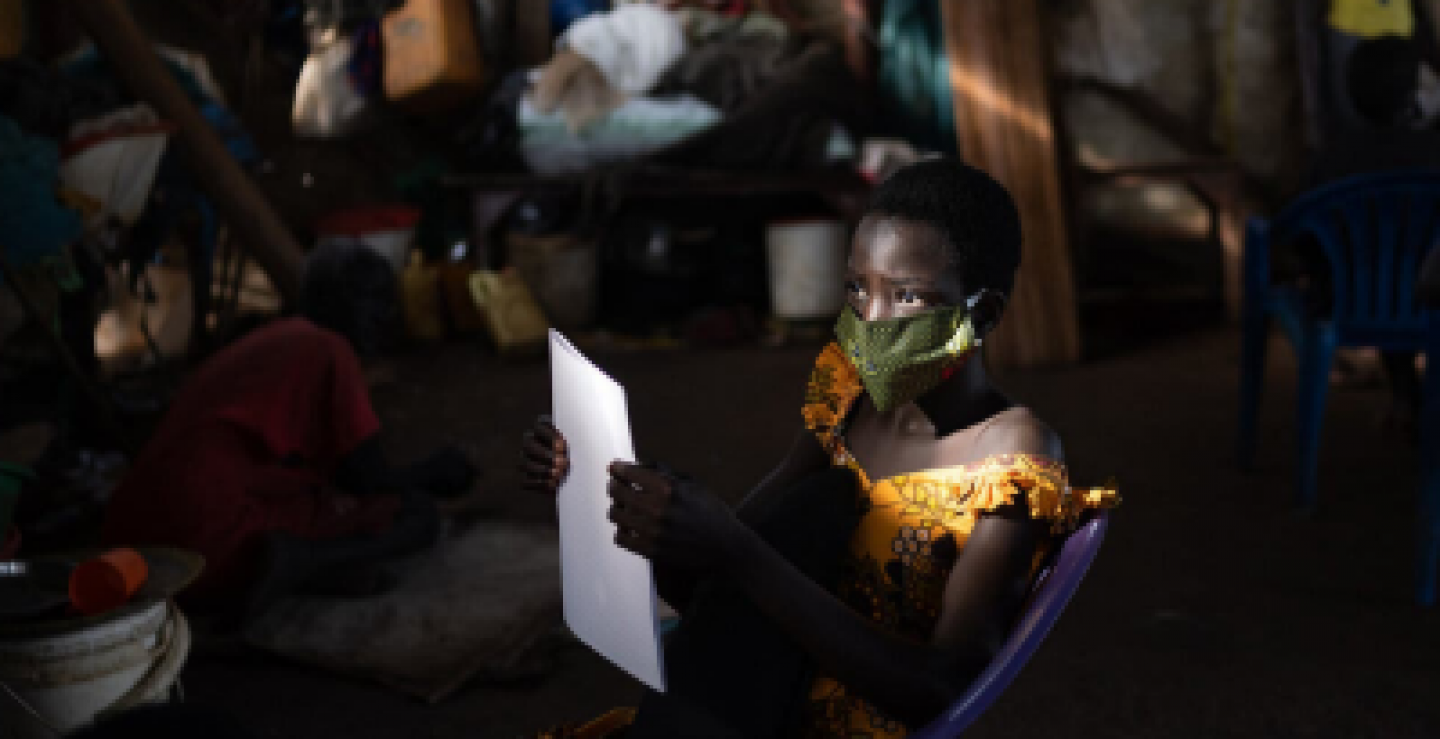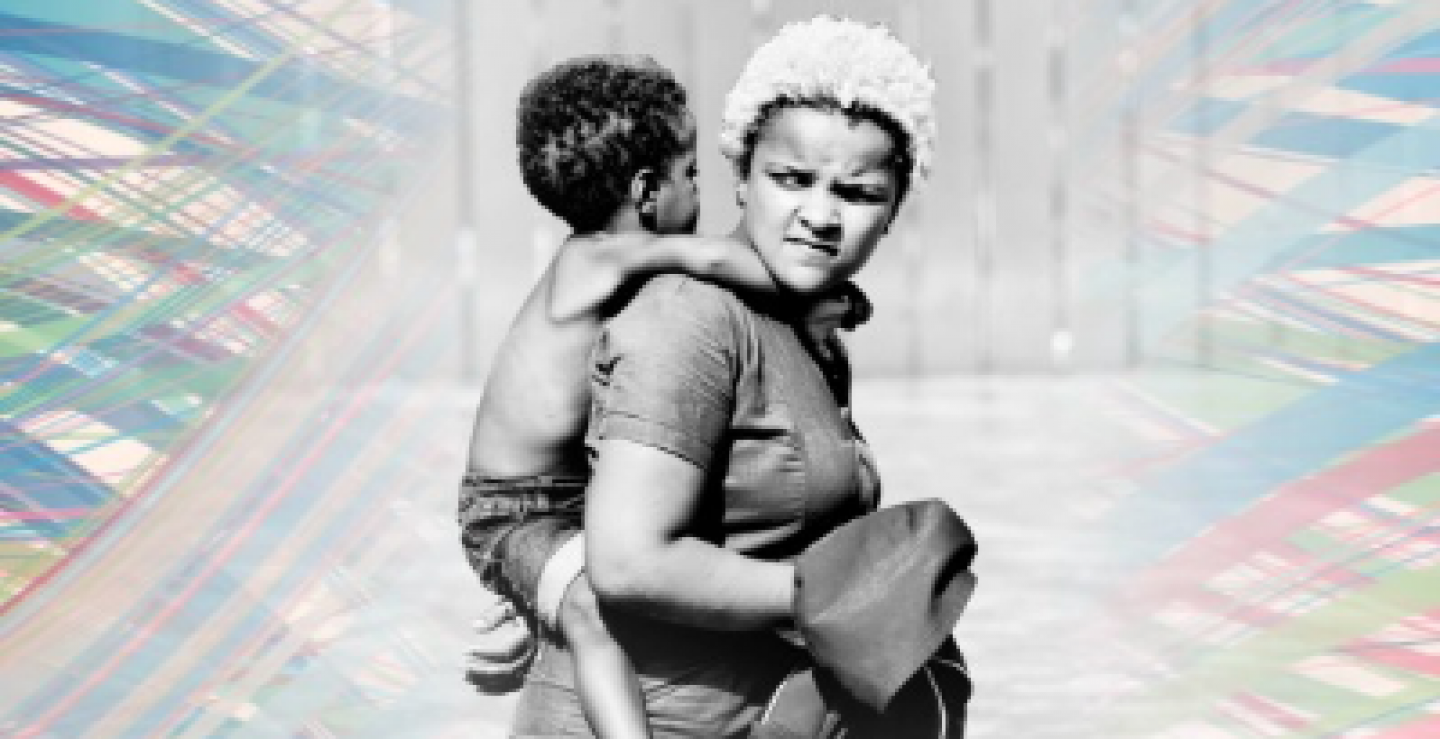Much of South Sudan is under water from flooding induced by climate change and deforestation. Crops and livestock are lost, hunger and malaria are spreading. With so many worries, coronavirus vaccines are a tough sell.


Much of South Sudan is under water from flooding induced by climate change and deforestation. Crops and livestock are lost, hunger and malaria are spreading. With so many worries, coronavirus vaccines are a tough sell.

Rich governments have pledged $100bn to help poorer countries reduce emissions. But there is no agreement on how to spend the funds.
The Lancet Countdown is an international collaboration that independently monitors the health consequences of a changing climate. Publishing updated, new, and improved indicators each year, the Lancet Countdown represents the consensus of leading researchers from 43 academic institutions and UN agencies.

Top medical journal warns that rising temperatures will worsen heat and respiratory illness and spread infectious disease.
The Working Group I contribution to the Sixth Assessment Report, Climate Change 2021: The Physical Science Basis is now out. The report addresses the most up-to-date physical understanding of the climate system and climate change, bringing together the latest advances in climate science, and combining multiple lines of evidence from paleoclimate, observations, process understanding, and global and regional climate simulations.
Mosquito-borne diseases are expanding their range, and re-emerging in areas where they had subsided for decades. The extent to which climate change influences the transmission suitability and population at risk of mosquito-borne diseases across different altitudes and population densities has not been investigated. The aim of this study was to quantify the extent to which climate change will influence the length of the transmission season and estimate the population at risk of mosquito-borne diseases in the future, given different population densities across an altitudinal gradient.